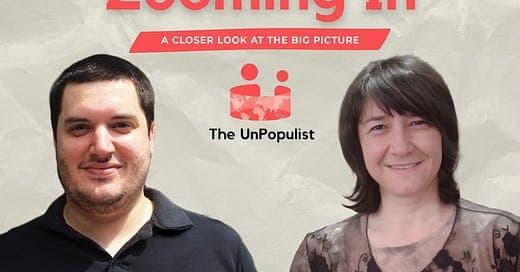Cathy Young Criticizes "Wokification" for Overzealous Subtext Interpretation

Prominent commentator Cathy Young recently voiced strong criticism regarding what she perceives as an overreach within "woke" culture, specifically its tendency to "sniff out problematic subtext where no normal person would see it." In a social media post, Young argued that this approach risks replicating the very excesses it purports to oppose. Her remarks highlight an ongoing cultural debate concerning the evolution and application of social justice principles.
The term "woke" originated in African American vernacular, signifying an awareness of racial prejudice and discrimination. It gained wider recognition, particularly with the Black Lives Matter movement, to denote alertness to systemic injustices. Over time, its usage expanded to encompass a broader range of social and political issues, including gender, sexuality, and identity.
However, as its application broadened, "woke" has increasingly become a pejorative term, used by critics to describe perceived excesses or illiberal aspects of progressive movements. Young's commentary aligns with a segment of public discourse that views certain "woke" interventions as counterproductive or overly censorious. This perspective often points to instances where discussions are shut down or individuals are "canceled" for minor perceived transgressions.
Examples cited in wider discussions include debates over historical figures, academic freedom, or even seemingly innocuous language, where critics argue that the pursuit of social justice leads to an overly scrutinizing environment. This "sniffing out" of problematic elements, as Young describes, suggests a hyper-vigilance that can stifle open dialogue and create an atmosphere of fear. The Hamline University incident, where an adjunct professor was disciplined for showing a historical image of the Prophet Muhammad, is often cited as an example of such perceived overreach.
The debate surrounding "woke" culture has become a significant front in contemporary culture wars, with the term frequently weaponized in political discourse. Critics on the right often use it to dismiss progressive policies, while some centrists and liberals, like Young, express concern about its impact on free speech and intellectual inquiry. This ongoing tension underscores fundamental disagreements about the boundaries of social critique and the nature of societal progress.